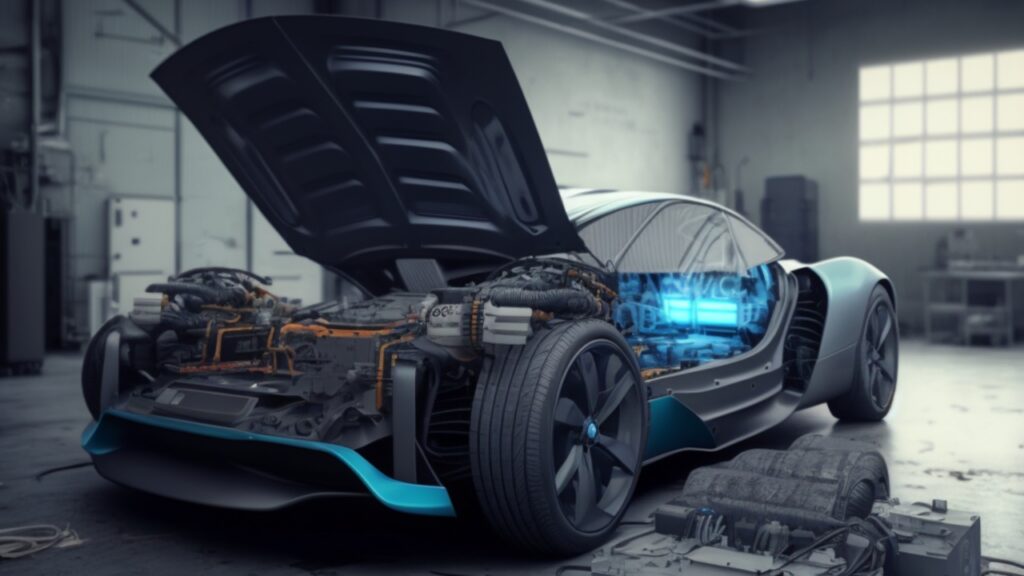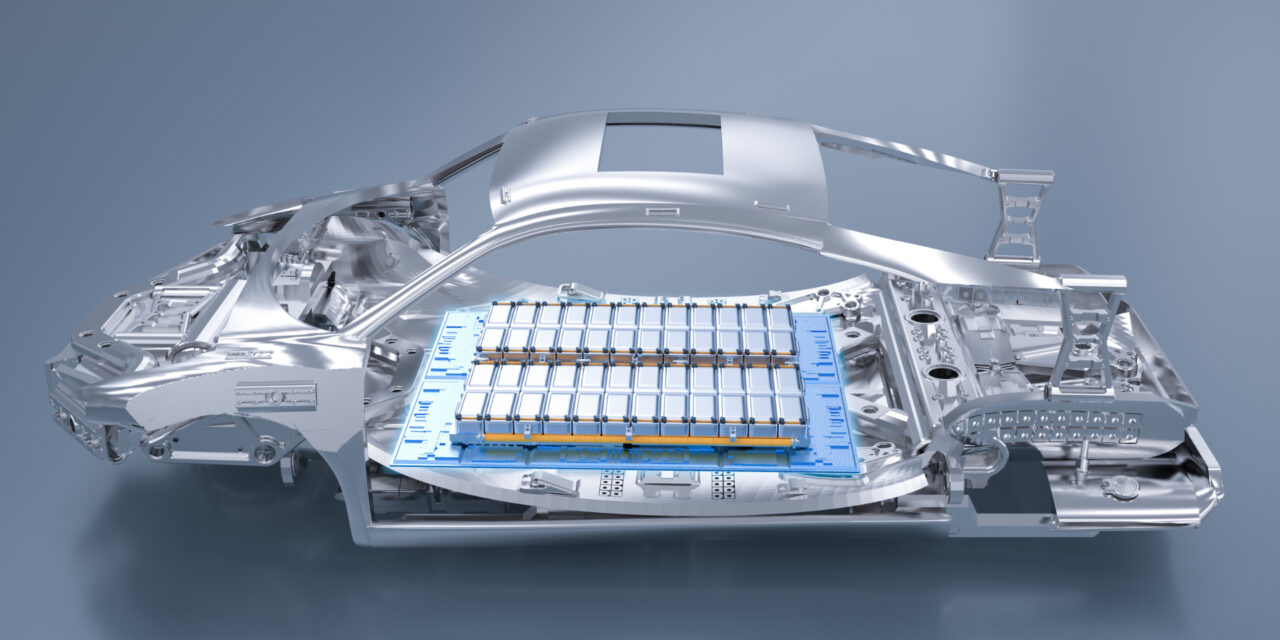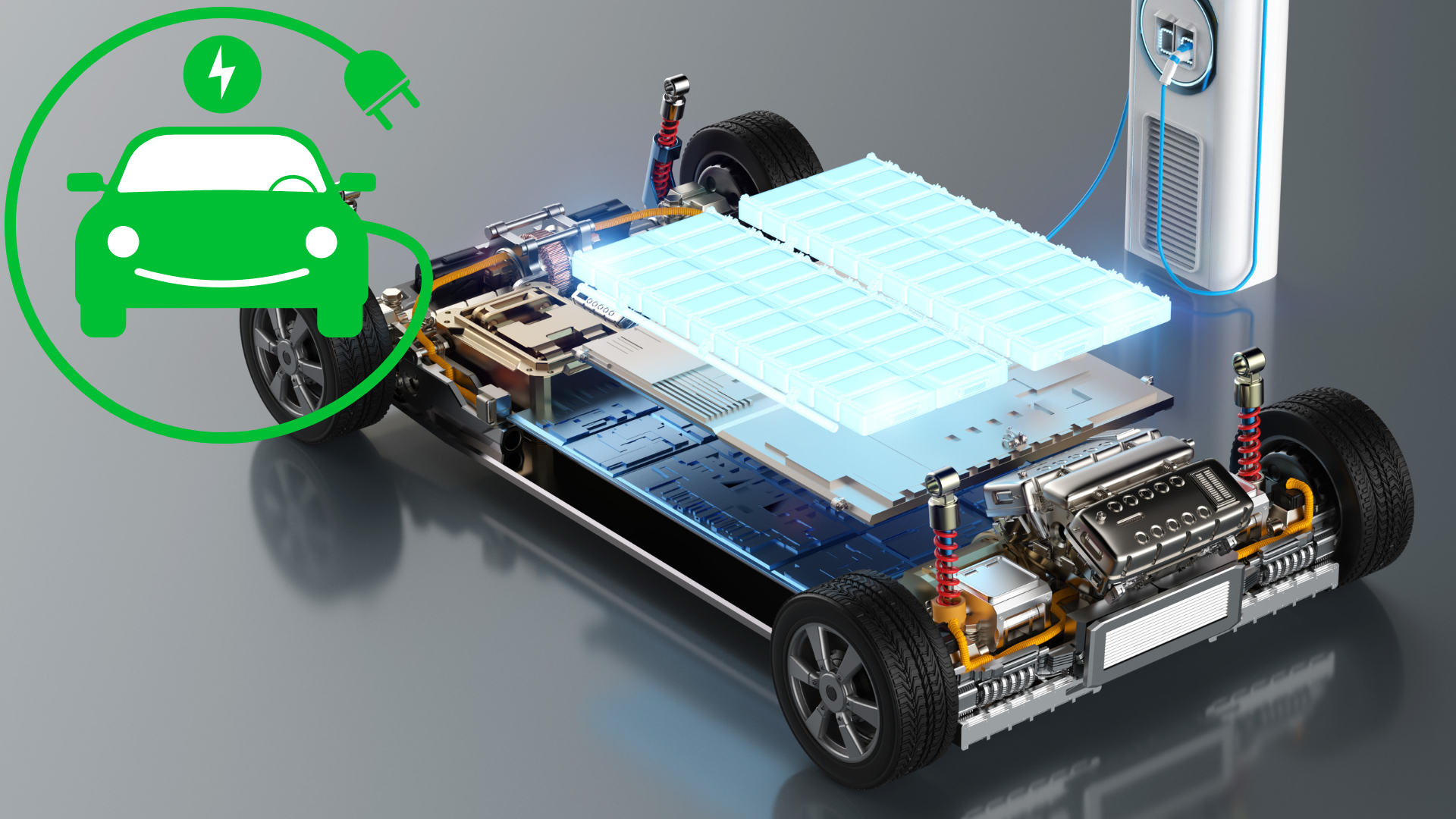Buying or leasing your EV battery? The options have advantages and disadvantages.
What to expect from your battery
The battery of an electric vehicle is designed to last for a long time, with a life expectancy of at least a decade. An electric car battery is made up of many cells that retain their capacity even after hundreds of thousands of miles. While the performance of the battery may decrease over time, it will still hold a charge for many years.
Battery warranties
To give buyers peace of mind, most electric cars come with long warranties that guarantee a minimum level of battery capacity even after several years of use. For example, the BMW i3 comes with an eight-year/100,000-mile warranty, while the Hyundai Kona Electric and Nissan Leaf offer the same coverage. The Kia e-Niro and Jaguar i-Pace both come with seven-year/100,000-mile warranties.
Companies that lease
When it comes to electric car ownership, one of the biggest decisions you might not have considered is whether to buy or lease the battery as some vehicles come with differing options. The Renault Zoe, Nissan Leaf and Smart Fortwo EQ, and newcomer Vinfast, all have differing options for their batteries but this option is diminishing, certainly, as longevity concerns are diminishing with better battery technology.
Buying the battery
Buying an electric car battery offers the advantage of full ownership and the potential for long-term savings, as you won’t have to pay a monthly fee. Additionally, you will be able to replace the battery when needed and enjoy a higher resale value. On the other hand, buying an electric car battery can come with a higher upfront cost and no warranty protection.


Leasing the battery
Leasing an electric car battery, on the other hand, allows for a lower monthly payment, as well as flexibility in terms of battery upgrades and warranty protection. However, you will not own the battery and may end up paying more in the long run if you choose to transfer ownership.
It’s important to weigh the pros and cons and make an informed decision based on your specific needs and financial situation.
Is electric car battery leasing right for you?
Electric car battery leasing has become a popular option for many drivers looking to adopt an eco-friendly lifestyle. Leasing allows for a lower monthly payment, as well as flexibility in terms of battery upgrades and warranty protection.
However, before making a decision, it’s important to consider your driving habits and the distance you typically drive. Leasing is best suited for those who drive a moderate amount and want the peace of mind that comes with a warranty. Additionally, if you are interested in upgrading to the latest technology, leasing provides the opportunity to do so.
If you are someone who drives a lot, it may be better to buy the battery outright, as you will save money in the long run. Before making a decision, it’s important to compare the costs and weigh the pros and cons of both options.


How to Make the Most of Your electric car battery
Making the most of your electric car battery is an important part of electric car ownership. Whether you choose to buy or lease, there are a few key things to consider to maximize your savings and get the most out of your vehicle.
If you decide to buy the battery, be sure to consider the upfront cost and potential for long-term savings. Make sure you research the latest battery technology and choose a battery with a high range and long lifespan. Consider tax credits and incentives, as well as financing options, to help offset the cost.
If you choose to lease, be sure to compare the costs of leasing vs. buying and weigh the pros and cons of each option. Look for a lease that includes warranty protection, and consider the cost of transferring ownership.
Regardless of your decision, be mindful of your driving habits and make sure you are charging your electric car efficiently to extend the life of your battery.
The Hidden Costs of Leasing an Electric Car Battery
Leasing an electric car battery can seem like a cost-effective option, with a lower monthly payment and the flexibility to upgrade to the latest technology. However, there are several hidden costs to be aware of when choosing this option.
For starters, you may end up paying more in the long run if you choose to transfer ownership. Additionally, some leasing options may include mileage restrictions, which can lead to extra charges if you exceed the limit.
It’s important to read the fine print and understand the terms of the lease agreement before signing. Make sure you understand the costs of transferring ownership, as well as any additional fees such as maintenance or repair costs that may not be covered under the warranty.
It’s also important to consider the resale value of the car and battery. If you choose to lease, you will not own the battery, and this may affect the resale value of the car.
When considering leasing, it’s crucial to compare the costs of leasing vs. buying and weigh the pros and cons of each option. Be sure to factor in the hidden costs and make an informed decision based on your specific needs and financial situation.

Tips for Negotiating the Best Electric Car Battery Lease Deal
When it comes to leasing an electric car battery, negotiating a good deal can mean the difference between a cost-effective option and a costly one. Here are a few tips to help you get the best deal possible.
First, research the latest battery technology and the cost of leasing options, so you have a clear understanding of what’s available in the market. This will help you negotiate from a position of knowledge.
Next, consider the terms of the lease agreement, including the length of the lease, the cost of transferring ownership, and any additional fees or restrictions. Make sure you are clear on what is included in the warranty and what is not.
When negotiating, consider the dealer’s incentive to move inventory. This can be a great opportunity to negotiate a better deal, especially if you are purchasing multiple batteries or an entire fleet of vehicles.
Finally, don’t be afraid to walk away if the deal isn’t right for you. There are many options available, and you want to make sure you get the best possible deal that meets your specific needs and budget.
So, if you get a great warranty that you consider will fit your driving needs then the buying option is probably the most cost-effective way. It is with considering that if you drive fewer miles, you may not fully utilise the capacity of the battery, in which case leasing can save you money as you only pay for what you use. As battery technology advances, leasing allows you to upgrade to newer and more advanced batteries as they become available, which may be beneficial. Leasing can also alleviate the cost and hassle of maintaining and replacing the battery, as it is often included in the lease agreement, but the resale value of an EV with a leased battery may be lower compared to one with a purchased battery.
